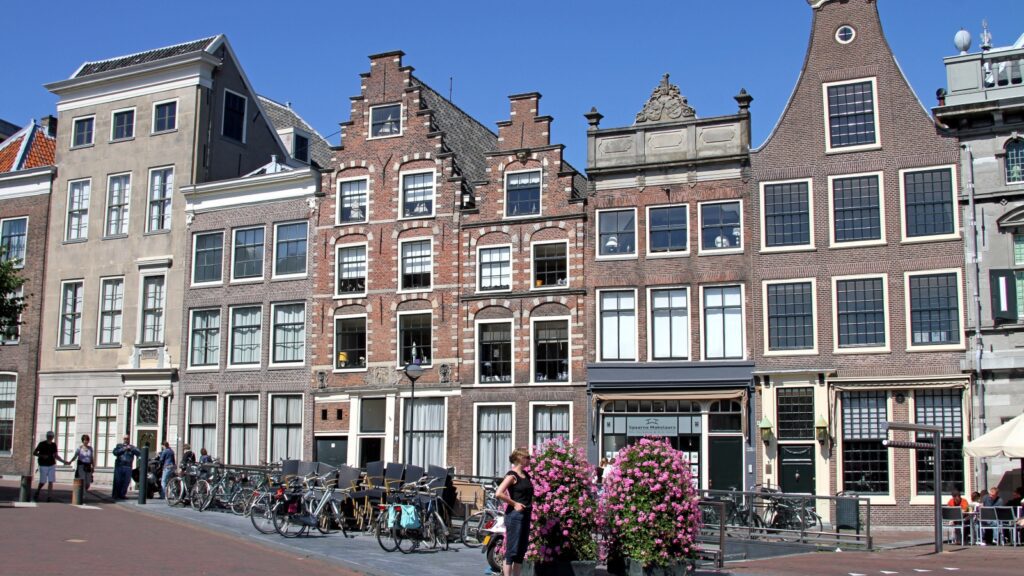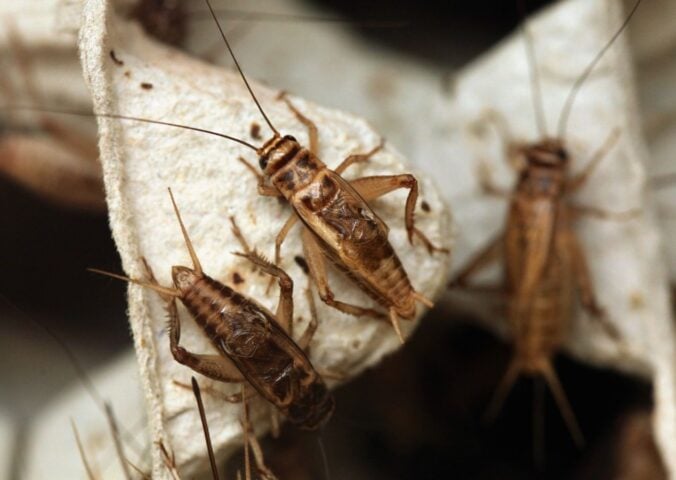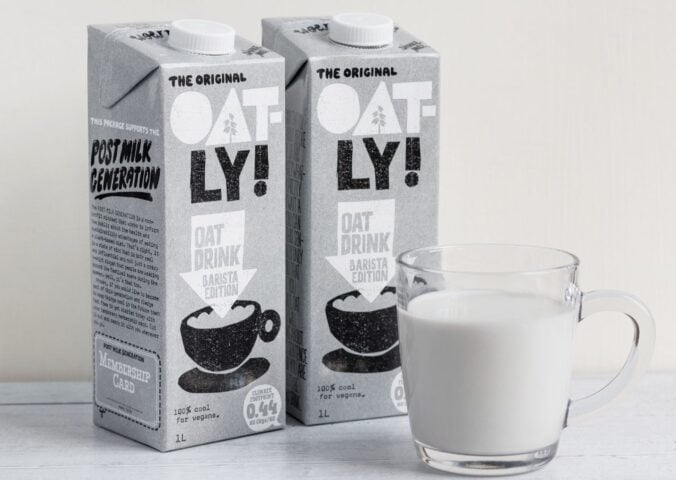A city in Holland has made history after agreeing to ban advertisements for meat products in public spaces.
Haarlem, which is located roughly 20 miles west of Amsterdam and has a population of 150,000, made the decision due to the link between meat production and the climate crisis.
Meat adverts will be banned on buses, shelters, and screens in public spaces. They will join the list of already-banned adverts for flying, petrol powered cars, and the fossil fuel industry. These are also banned in Amsterdam, Leiden, and The Hague, but Harleem is the first city to add meat to this list.
“Meat is just as harmful to the environment,” a GroenLinks Party councilor Ziggy Klazes told Doutch publication Trouw. “We can’t tell people there’s a climate crisis and encourage them to buy products that are part of the cause.”
The news has been met with backlash from the meat industry. A spokesperson for industry body Centrale Organisatie voor de Vleessector said the authorities are going “too far in telling people what’s best for them.”
The council made the decision official last week, and the new legislation will come into effect in 2024.
Holland cracks down on animal agriculture
This isn’t the first official stance against animal agriculture in the country.
In July of this year, farmers across Holland staged a number of protests after the government announced plans to reduce livestock herds to combat nitrogen emissions.
Farmers rode their tractors through cities and blocked roads in response, with one being shot at by police after a “threatening” situation arose. The protests ended with three arrests made for attempted murder.
Animal agriculture’s impact on the environment
Animal agriculture is catastrophic for the environment. It’s responsible for at least 14.5 percent of global greenhouse gas emissions, which is more than the entire transport sector combined.
It is also a leading cause of rainforest destruction, and has contributed to around 91 percent of Amazon deforestation.
A growing body of research recommends a shift away from meat consumption for the planet. A 2018 University of Oxford study, for example, suggested that Western countries need to decrease beef consumption by around 90 percent to avoid climate breakdown.
Another study – published in April of this year – found that overall meat consumption must fall by 75 percent in rich countries. Researchers found that the US and some European countries were putting strain on the planet due to their high demand for meat.
In August, the UK government food Tsar, Henry Dimbleby, said that the country needs to reduce overall meat consumption by 30 percent.






